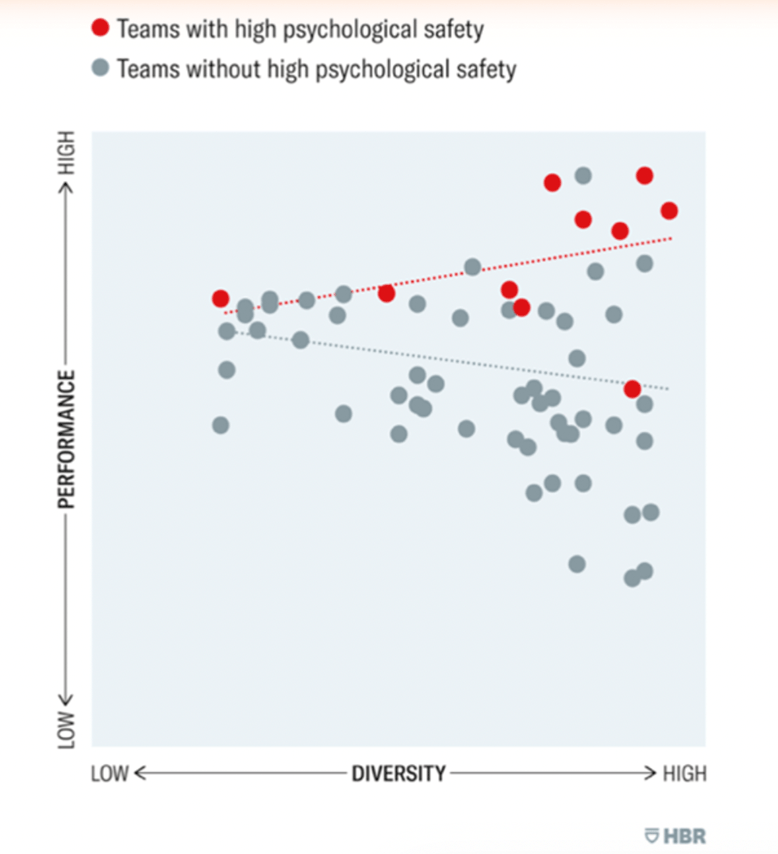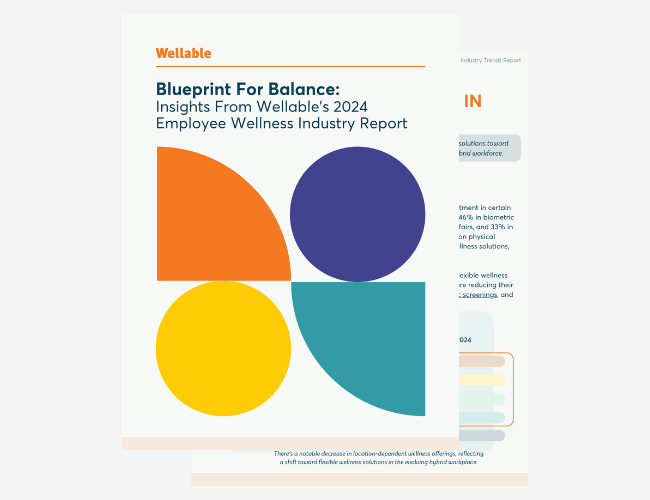Companies are investing heavily in diversity, equity, inclusion, and belonging (DEIB) initiatives. One report projects that the global market for DEIB will reach $9.3 billion in 2022.
Given that organizations are setting aside large sums of money to increase diversity, it’s not surprising that they often feel compelled to justify these decisions by pointing to ways in which a diverse workforce is good for the company’s bottom line, directly or indirectly. For example, Geoff Martha, CEO of Medtronic, states:
At Medtronic, we’re focused on creating a more inclusive culture that values all dimensions of diversity, because we know a more diverse culture fosters a more innovative culture, and innovation fuels our growth. Inclusion and diversity are critical for our future success and our ability to deliver fully on the Medtronic mission.
Ken Barret, global chief diversity officer at General Motors explains the company’s focus on diversity in a similar fashion.
Diversity is our strength! The unique skills, perspectives, and experiences inherent in our workforce positions General Motors to make the unimagined a reality—by delivering cutting-edge innovation and breakthrough technologies. At GM, with an inclusive and empowered workforce—fully leveraged—we will engineer a world of zero crashes, zero emissions, and zero congestion.
Why The Business Case For Diversity Can Backfire
Despite the positive intentions behind these statements, research suggests that the business case for diversity may cause more problems than it solves.
Effects On Underrepresented Job Seekers
Oriane Georgeac, Professor at Yale School of Management, and Aneeta Rattan, Professor at London Business School, set out to assess the business case for diversity’s impact on underrepresented job seekers.
In their experiments, 2,500 participants viewed statements from companies’ web pages that defended diversity either in terms of fairness or morality, the company’s bottom line, or gave no justification at all.
The results are striking. The researchers found that, on average, when compared to participants who read justifications based on morality or fairness, subjects from underrepresented groups who read a business case for diversity:
- Felt 11% less of a sense of belonging to the company
- Were 16% more worried about being stereotyped
- Were 10% more concerned that the company would view them as interchangeable with other members of their identity group
- Perceived the company’s commitment to diversity as being 6% less sincere
The group that read statements that did not defend diversity had the best view of the organization and its DEIB initiatives. This suggests that, at least when it comes to attracting diverse applicants, no justification may be the best.
In many ways, these results should not come as a surprise. When companies make the business case for diversity, they imply that they wouldn’t care about diversity unless there was a business case for it. They also suggest that diversity is a means to an end and diverse employees are valued only because their diversity is good for the company.
Focusing on the company’s bottom line can also signal that diversity is in need of a defense. As Georgeac and Rattan state:
It may seem counterintuitive but making a case for diversity (even if it’s a case grounded in a moral argument) inherently implies that valuing diversity is up for discussion. You don’t have to explain why you value innovation, resilience, or integrity. So why treat diversity any differently?
Diversity Alone Isn’t Enough
Though several studies have found that diversity can improve innovation and productivity, more recent analyses suggest that diversity alone is not enough. For example, one study found that, on average, diversity hurts performance when not coupled with psychological safety. Only when psychological safety was present did diversity drive business outcomes.

Since diversity doesn’t necessarily increase performance, companies that defend diversity in terms of its positive impact on performance may risk undermining their DEIB strategies. As Professor of Strategic Management Sarah Kaplan notes, “such failures may lead to disillusionment with diversity efforts.”
Takeaway
As companies continue to double down on their efforts to make their organizations more diverse and inclusive, they must remain mindful of how they defend (or not defend) these initiatives. For underrepresented applicants, diversity initiatives based on attempts to improve innovation can feel exploitative and insincere.
Fortunately, there are alternative ways of addressing an organization’s commitment of diversity. First, companies can explain the moral and social reasons behind their DEIB efforts. Second, they can offer no justification at all, just like they do with most of their other values. Diversity is worth having on its own. As a result, it needs no explanation.
It’s worth noting that these findings may generalize from diversity initiatives to wellness programs, which are also often defended on the grounds that they will improve business outcomes. While wellness is good for business, employees are likely to feel less enthused with their organization’s wellness initiatives if they feel they are only being implemented to benefit the company. In general, when companies are discussing projects or values related to well-being, fairness, ethics, or social responsibility, it’s best to avoid focusing on how these efforts drive business outcomes.












